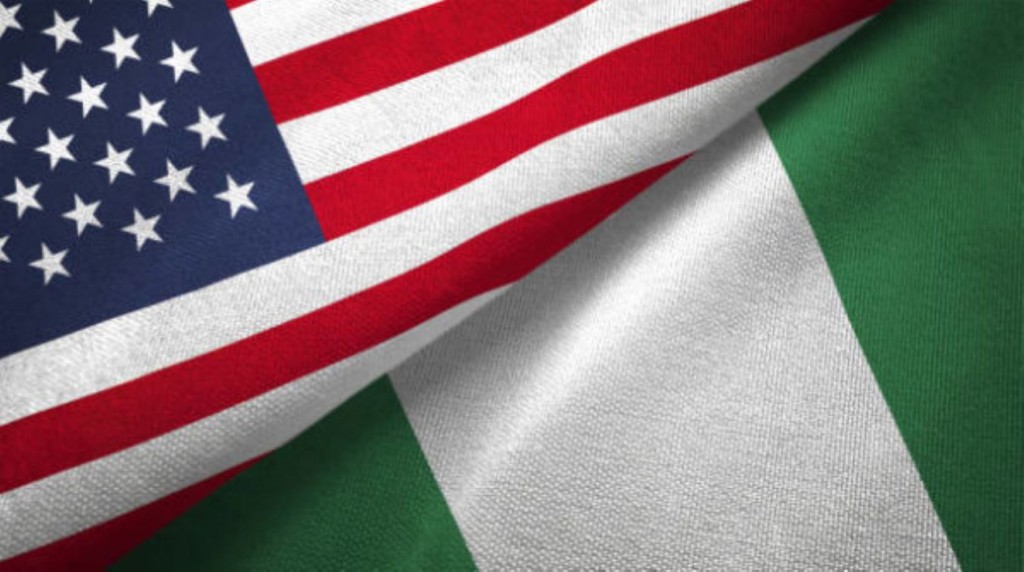

When it comes to cryptocurrencies, there’s often a tendency to focus on their price and speculative nature. However, the price curtain is an emerging, innovative, and rapidly growing industry. A report by PWC, a global consulting firm, estimates that the blockchain industry could boost global GDP by $1.76 trillion over the next ten years. To have that level of economic impact, the industry needs a clear regulatory framework.
Take Nigeria, for example. The country is a global leader when it comes to cryptocurrency adoption. High bitcoin and crypto ownership rates, rapidly growing peer-to-peer volumes, and active retail remittance market all tell the same story. Driven by economic and political instability, as well as the history of rampant inflation, many Nigerians have moved their money into Bitcoin over recent years. Cross-border payments are another area where cryptocurrencies can address longstanding difficulties in Africa.
While Nigerians turn to cryptocurrency out of necessity, the government is beginning to recognize the economic and societal potential of this technology. Nigeria is Africa’s largest economy and its population, with an average age of 18.1 years, is already digitally-native. The director-general for Nigeria’s agency for information technology development, or NITDA, has recently estimated that over the next decade, its blockchain industry could generate between $6 billion to 10 billion in revenues for the state. NITDA released its National Blockchain Adoption Strategy Framework in November but indicated that for any blockchain strategy to work, the clear and comprehensive regulatory framework is needed.
Also read: Don advocates regulatory framework for tracking election campaign finance
To that effect, Nigeria’s Securities and Exchange Commission (SEC) has recently recognized digital assets as securities. It announced that all token sales will be treated under existing securities laws, and blockchain companies that want to operate in Nigeria would have to register with the SEC. In November, we also heard that the Federal Ministry of Finance might be in talks with the SEC to further develop a clear regulatory framework, one that doesn’t impede innovation.
It’s no surprise that Nigeria is getting serious about the blockchain industry, given its potential to increase global GDP by $1.76 trillion over the next decade. PWC expects the main economic impact to be in the fields of supply chain management, payments and financial instruments, and identity. However, for the blockchain industry to succeed, it needs “a friendly policy environment, a business ecosystem that is ready to exploit the new opportunities that technology opens, and a suitable industry mix.” While Nigeria has had major progress in blockchain regulation, the same can’t be said for the U.S.
The U.S. has tremendous potential, but the lack of regulatory certainty is endangering its position in the blockchain industry. Companies are moving their businesses elsewhere, and countries like Singapore, Switzerland, and Malta are gaining market share. Crypto regulation in the U.S. is constrained by the lack of a separate federal regulatory agency responsible for it. The U.S. Treasury Department’s Financial Crimes Enforcement Network (FinCEN), the Internal Revenue Service, the U.S. Commodity Futures Trading Commission, and the U.S. Securities and Exchange Commission are just some of the agencies that must come together to establish a clear regulatory framework at the federal level.
Take Bitcoin ATMs (BTMs) as a case study. Classified as a Money Service Business (MSB), BTMs come under the regulatory purview of FinCEN. They must comply with a patchwork of state laws and regulations required for a Money Transmitter License. Some states, for example, have determined that cryptocurrency transactions are exempt from money transmitter rules. In contrast, others have restrictive requirements like large surety bonds and costly licenses. Lack of clear-cut federal regulation is hindering innovation in the space.
At the federal level, some in the U.S. are still struggling with the perception that all cryptocurrencies and blockchain products are used for illicit purposes on the dark web. But several companies in the industry are attempting to dismantle the stigma placed on their products. CoinFlip, the world’s largest BTM operator, is actively working with regulators to put in place effective AML and KYC procedures to protect consumers. Other BTM operators also believe in the importance of regulatory checks and balances. These measures are necessary to create strong consumer protections and prevent “bad actors from competing with legitimate products”, according to Ben Weiss, COO of CoinFlip.
The U.S. blockchain industry has tremendous potential, but it needs regulatory clarity from Washington to live up to it. Without a clear framework in place, the U.S. risks losing talent and economic value, to Europe and Asia. Some companies are already moving their operations overseas due to an unfriendly regulatory environment. In fact, research by the Blockchain Advocacy Coalition shows that “the United States has lost nearly half its market share of the crypto industry since 2012.”
In a recent op-ed, Niall Ferguson outlined the importance of Bitcoin in the current monetary landscape. While China is executing on its vision of a national digital currency, he believes that “Joe Biden’s nascent administration should recognize the benefits of integrating Bitcoin into the U.S. financial system.”
This, indeed, should apply to the blockchain industry. The role of regulation should be to create ethical and fair standards while encouraging innovation, not to hinder growth and adoption of new technologies. In that context, the U.S. should follow in the path of Nigeria and harness blockchain technology for the economic and social good.
Vanguard News Nigeria
The post As Nigeria works to introduce blockchain regulation, US lags behind appeared first on Vanguard News.






















0 Comments
Advertise your business here at cheap rate and get large audience to your market. Call/Msg Teemikemedia: 07060733664 to get started.